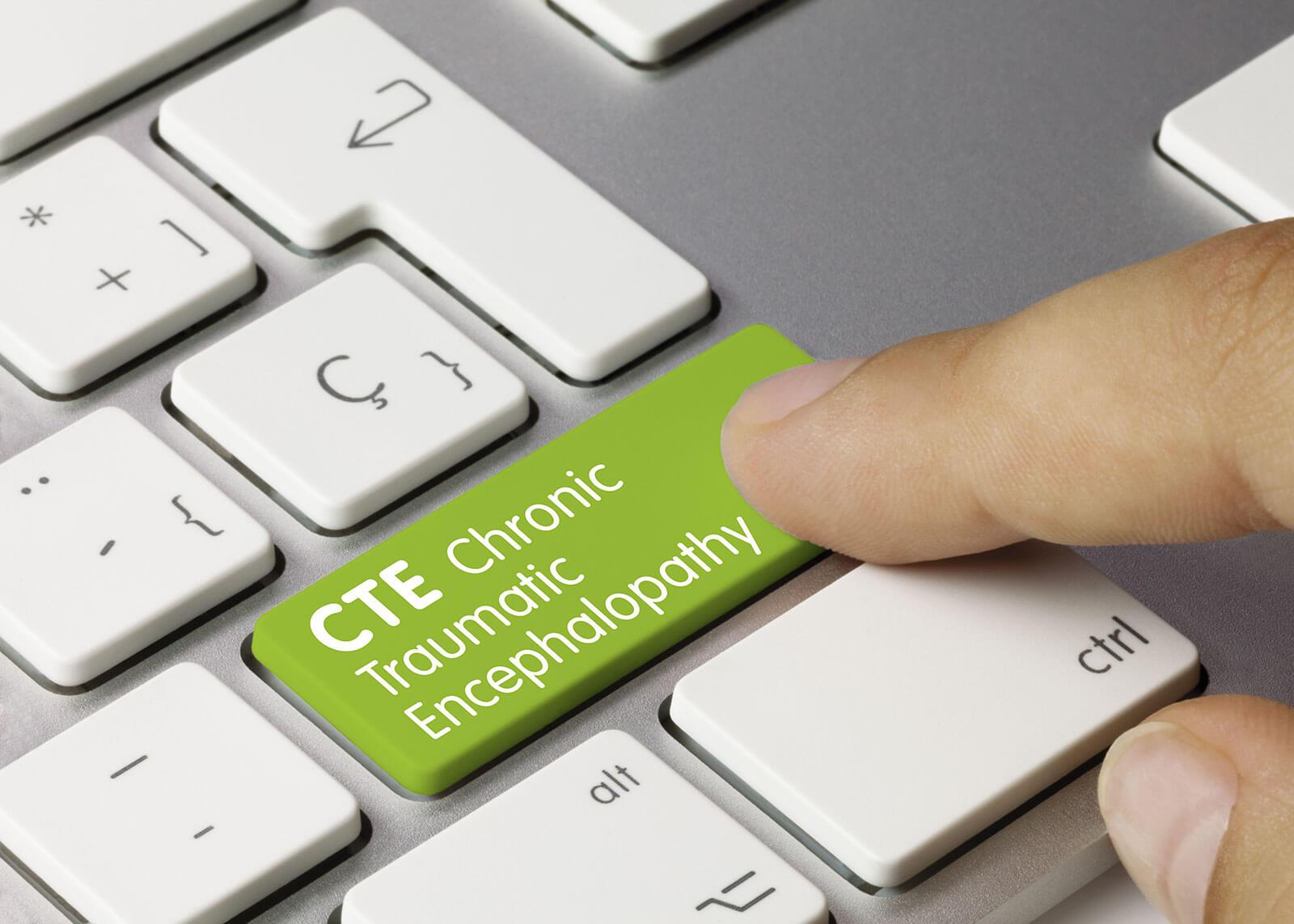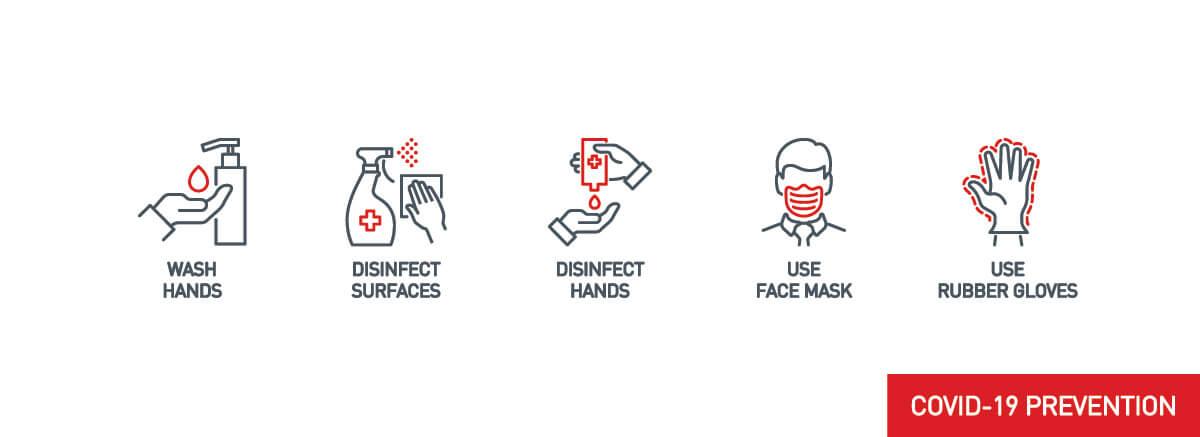Contact sports come with injuries. Football often focused on physical conditions and rehab, but recent attention is now on cases related to Traumatic Brain Injury . We live in a nation obsessed with this contact sport where a concussion was considered part of the game. CTE gets worse over time and the end stages cause loved ones to experience hopelessness and sorrow. Experts share thoughts on coping with caring for patients which include not responding to inappropriate outbursts of rage with logical arguing, but by staying calm, giving a hug, and engaging in agape love. Symptoms of CTE are said to occur in four stages and generally appear eight to ten years after the individual experiences repetitive mild traumatic brain injuries. Early stages, stage one and two, include confusion, dizziness, headaches as well as loss of attention and concentration followed by memory loss, social instability, and poor judgement. The latter stages of suffering include progressive dementia, movement disorders, hypomimia, speech impediments, sensory processing disorder, tremors, vertigo, deafness, depression, mood swings, explosivity and suicidality. Patients with CTE may be prone to inappropriate behavior and may display pathological jealousy or paranoia. Research can be found on multiple sites like this one.
Traumatic Brain Injuries (CTE)

Learn About What We Do!


Training Focused for Long Term Care (LTC):
Antibiotics – Train the Trainer series:
Exploring antibiotics and their role in bacterial infections
Antibiotic resistance: How it happens and strategies to decrease the spread of resistance
Clostridium difficile Part One: Clinical Overview (part one – clinical overview)
Clostridium difficile (Part Two: Strategies to Prevent, Track, and Monitor C. difficile)
Training Focused for Facilities:
COVID-19 StAT Learning Series for Hospitals
The Centers for Medicare & Medicaid Services (CMS), with input from the Centers for Disease Control and Prevention (CDC) and other stakeholders, has developed the COVID-19 StAT Learning Series for Hospitals. StAT stands for Standards, Approaches and Tactics for COVID-19 Infection Control & Prevention. This online, mobile-friendly, self-paced training is intended for hospital infection control leaders, frontline hospital staff and hospital administrators.
With the COVID-19 StAT Learning Series for Hospitals, you will find the latest tools and techniques, along with refreshed best practices for a new era of infection prevention and control.
Each self-paced learning module is approximately 15 minutes long. Take the COVID-19 StAT Self-Assessment to determine which trainings are right for you.
Review Your QPP Registration and Data
Be ready! If you are already registered have the security Official/Staff person log-in. If you aren’t sure who has access, create a system for your office so the following information is handy; gather the following:
- Tax ID Number (TIN)
- NPI (individual or all in the group)
- Medicare PECOS PAC ID (numbers of members in the group)
- PECOS Enrollment ID
It’s handy to have the Provider Enumeration Date and the last Update. As a member, you have access to an EXCEL workbook, ASK Us!
Connect to an Organization (practice) and Select a Role
This site outlines the steps to connect an Organization (like a practice, QCDR/Registry, or an APM Entity) and how to get the Security Official or Staff User role you need, and sign In. If you have never registered, start here, a User Guide will be the tool needed. Once you are registered you will be redirected to HARP (this can take up to 15 min.)
QPP
Resources that speak to Timelines and Important Deadlines
Facilities and LTC
See how your facility will compare with other nursing homes!
Long Term Care – The Skilled Nursing Facility Value-Based Purchasing Program (SNF VBP)
Just as LTC learned where and how to access information and tools, CMS retired the site in Dec. 2020. The new site, walks the user through the steps in retrieving data sets for specific data collection periods.
- LTC facilities now face penalties related to the “Mega Rule”
- Person & Family Engagement Strategy The CMS F-Tag tool introduced new tags under Infection Control (483.80) and Administration (483.70) in Aug.2020. We have multiple concepts for many of the groups, especially QAPI. Visit our Education and Tools area or Ask Us!
- How to Get Involved, Join a Local Learning & Action Network
- Promoting Healthy Communities
It’s handy to have tools! Visit our Education and Tools section or let us know how we can help!
As a Long-Term Care Facility (LTC) or Nursing Home
- CMS mandates are aligned to performance indicators related to the Healthcare Reform Act. The Centers for Medicare & Medicaid Services (CMS) is a federal agency within the United States Department of Health and Human Services (HHS) that administers the Medicare program and works in partnership with state governments to administer Medicaid, the Children’s Health Insurance (CHIP), and health insurance portability standards.
- Are you a Nursing Home or a facility that has beds for Rehab patients? Purposeful Concepts LLC offers the right level of leadership to guide your team with “role-based” strategies to best understand desired performance outcomes and pinpoint the change in a workflow that can make the difference. With LTC facilities now facing CMS mandates from both a federal and state standards align with components of care which are listed on a “LTC-Rule Job Aid” with measures or “F-tag” focus areas. CMS F-tags are used by each state department of Health and Centers for Medicare and Medicaid Services to survey quality of care provided to residents in facilities. We have a custom tool available that correlates to the current available F-tags that focus on the survey process. Join us, we offer different levels of service to best fit the needs of your facility.
